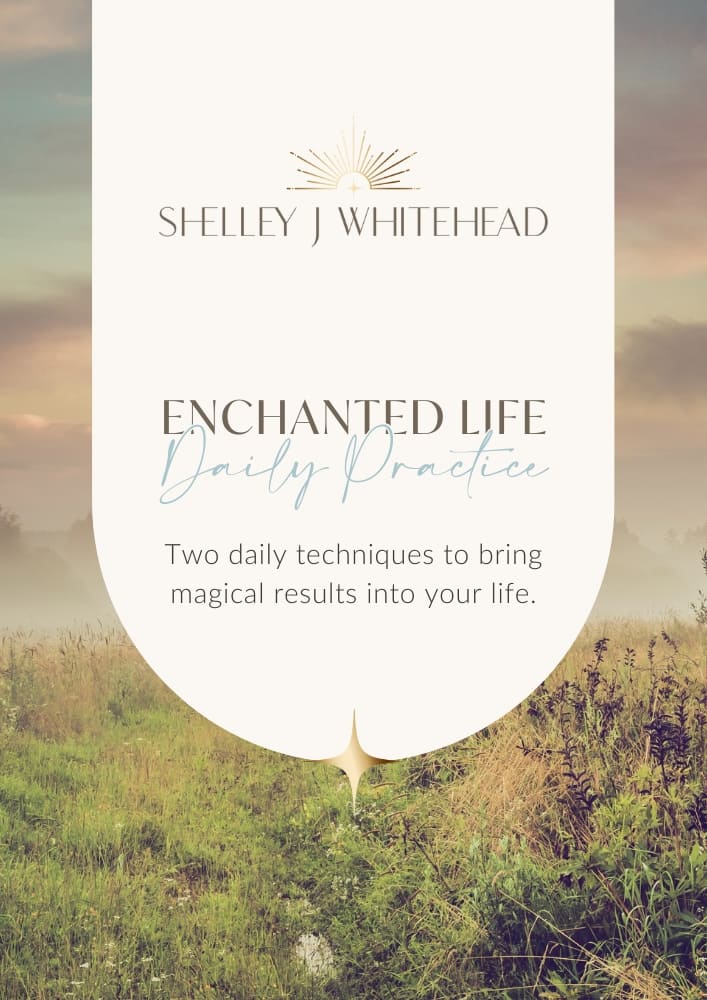Do you know what your personal values are? Do you have a strong sense of which values are most important to you and do you have clarity on the values of the significant people in your life? Do you know why it is important to have a crystal clear view of your values, particularly in the context of a relationship?
In this article I address all of these questions, and talk you through how to get that clarity on the subject of values.
Getting clarity on values involves looking beyond the ‘obvious’
In my work as a relationship coach, I often find that my clients don’t really know what their values are. We all take for granted that we have values….but often don’t necessarily really know exactly what our core values are.
Often people might think they have a rough idea or they might be able to throw out some words when asked the question… but when we go into any exercises on getting full clarity, they are often surprised by the results.
Getting really clear about your values is a fundamentally important thing that helps in all aspects of day-to-day life and also helps in a profound way in our relationships. Knowing our values is extremely helpful with defining and maintaining boundaries; getting clear on our needs and priorities; knowing what makes us happy; choosing the right kind of friends and relationships and really understanding others… the list goes on!
What are values?
So what, exactly, are values? Our personal values are the things that we hold most dear in our lives. They are the standards or founding principles on what means the most to us. Even when we are not conscious about exactly what our values are, they are the foundations that define how we interact with the world. In some ways you could say that core values are our most important ‘needs’ that we would always prioritise above anything else – the consistent needs that form a defining part of our lives, regardless of our mood or on the external circumstance.
When you define your values, be wary of clichés
Beyond the realms of self-development, coaching and therapy, one of the most obvious times we might make a conscious attempt to list out our values is when we write a dating profile. There are some clichéd terms that are universally expressed as important values: an obvious one is that of ‘honesty’. But does telling someone that ‘honesty’ is important to you really tell them anything about you that would differentiate you from anyone else? Do you know anyone who doesn’t doesn’t want to portray that they are honest?
Another thing to watch out for is defining values around a false identity
There’s often a difference between values we wish we had – or believe we should have – and values we actually do have. That disconnection, where we are in denial about a part of ourselves, is a form of dissociation that stops us from feeling really good about who we are and having the confidence to express who we are to others.
Our values are defined by where we put our energy
We make decisions day to day and moment to moment based on what is important to us. If you want to really know what you value, you need to start by looking at what your actions tell you. Values are defined by where you choose to put your energy, time and focus and the needs underlying that. So one of the best ways to understand what you really value is to take a look at what you are doing, day to day, and reverse engineer an understanding of what your values are from that.
Some questions to help you define your values:
- HOW DO YOU SPEND YOUR TIME?
- HOW DO YOU SPEND YOUR MONEY?
- LOOK AROUND YOUR LIVING SPACE – WHAT HAVE YOU FILLED YOUR SPACE WITH?
- WHAT DO YOU TALK ABOUT WITH OTHERS?
- WHAT DO YOU SPEND A LOT OF TIME THINKING ABOUT?
- WHERE IN LIFE ARE YOU MOST DISCIPLINED AND ORGANISED?
For each of these questions, have a think about what your answers mean in terms of your values.
Be mindful of the disconnect between values and actions
If you find that you spend a lot of time thinking about something but that you don’t spend a lot of time actually doing something, it may be an indicator that you are living out of alignment with your values.
For example, you might find that you spend a lot of time thinking about health and about ways to improve your health… but that in practice you take very little exercise. If that’s the case, it’s worth having a think about whether or not you are not being true to yourself by committing to your health… or it could mean that the value is not something that you really do care about, but is instead an externally-imposed value (coming from your culture or the people around you). As always, clarity on what’s coming from you and what isn’t, is incredibly helpful.
Understanding your own values is an important part of healthy relationships
Having a really good, honest relationship with yourself starts with having a clear understanding of your own values. In turn, that sets great foundations for relationships with others. To be truly compatible with someone you must have a sense of shared values.
If you’d like to know a little bit more about why shared values are so important, you might be interested in my video called ‘Why do values matter in relationships?’ In this video I talk about compatibility, prioritisation and negotiating around values and how our understanding of our own values and that of our partner can help strengthen communication and connection. I’m going to put a link in for you here, so you can click straight through.
I love sharing my tools, tips and guidance with you and supporting you on your journey to thriving relationships. If you’d like to stay up to date with my articles and videos, do make sure you subscribe to my channel or my mailing list, so we can travel this path together.



